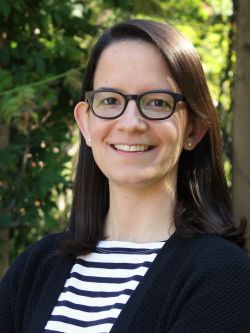Event Date/Time
Location
Convocation Room 113
Series/Event Type
As the world approaches consensus on the importance of curbing greenhouse gas emissions and reversing anthropogenic climate change, there is an urgent need for the development and deployment of low-carbon and carbon-neutral fuels, especially in energy sectors where electrification is impractical. Much scientific research is needed to identify viable alternative fuel options, develop efficient methods for fuel production, and characterize the oxidation behavior of these new fuels at conditions relevant to next-generation energy and propulsion systems. In this seminar, I will first introduce a subset of tools used by experimental kineticists to study fuel chemistry and flame behavior, including shock tubes, laser absorption spectroscopy, gas chromatography, and high-speed imaging. I will then present four novel applications of these tools to the analysis, design, and synthesis of conventional and next-generation fuels: (1) the use of a combined gas chromatography-laser absorption diagnostic to identify deficiencies in reaction rates used in low-temperature kinetic models; (2) a new experimental method for measuring laminar flame speeds at previously unexplored unburned gas temperatures in a shock tube; (3) an infrared (IR) spectrum-based, low-volume prescreening tool to aid in the design of sustainable aviation fuels; and (4) a new, shock wave-based approach for producing hydrogen from hydrogen-rich fuels like natural gas and ammonia. Finally, opportunities for future research and innovation will be discussed. Through this seminar, I will demonstrate that shock waves, optical diagnostics, and reaction kinetics form the basis of an exciting new frontier in fuel science.
Speaker Bio
